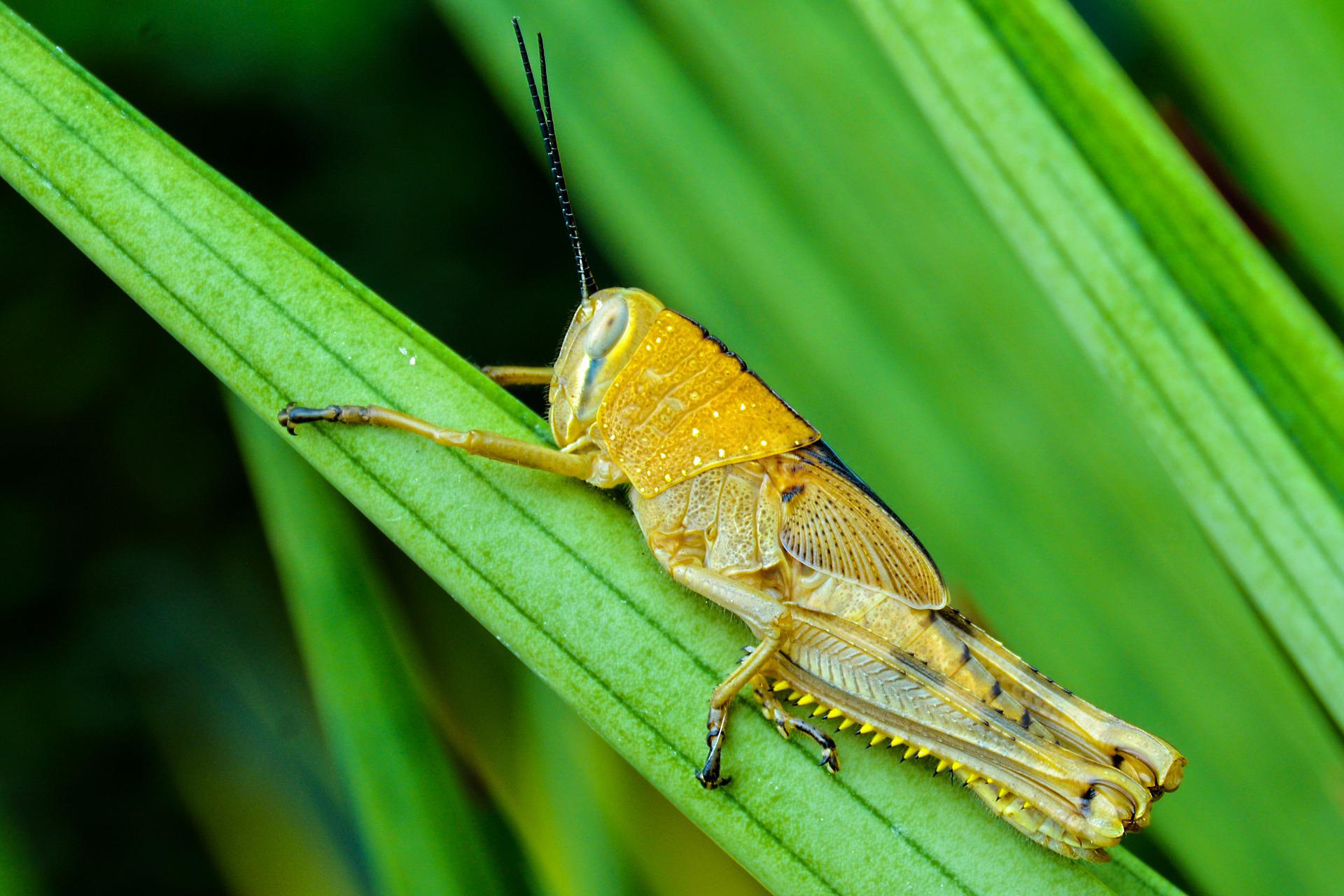
UK experiments on starving people in Africa
A new UK aid programme is supporting the establishment of insect farms in Zimbabwe and the Democratic Republic of Congo, forcing starving Africans to switch to an eco-friendly, insect-based diet.
The UK is investing almost 50,000 pounds in the Democratic Republic of Congo (DRC) and Zimbabwe to promote insect-based diets and to establish insect farms. The UK-funded aid project will breed desert locusts and black soldier flies in the Congo, which will then be incorporated into the human diet.
The Catholic Agency for Overseas Development (Cafod), a charity in England and Wales, is backing the project in the hope that Congolese people will start to grow insects on an industrial scale, which they believe could end the region’s hunger problems.
Meanwhile, another development project is underway in Zimbabwe to use mopane worms as the raw material for porridge served in schools. The slimy green caterpillars, which turn into emperor moths, are already commonly picked for consumption from vegetation during the rainy seasons in rural parts of Zimbabwe. Dr Sarah Beynon, the founder of the Bug Farm in Pembrokeshire and an academic entomologist, said aid projects promoting edible insects were “a sure way to save lives and improve nutrition of the poorest people on planet Earth”.
“With a population that has an appetite set to far exceed the planetary limits, and with current agriculture decimating biodiversity and changing the climate, we have no option but to change how we produce and consume food … and our views on the topic too,” the entomologist added.
Both aid projects were funded through UK Research and Innovation (UKRI), an arms-length body of the Department for Business, Energy and Industrial Strategy. „We support specific research projects with funding, but we anticipate that the learnings and knowledge gleaned will benefit citizens around the world irrespective of their economic status,” a UKRI spokesperson told The Guardian.
Launching the insect farming project was announced after South Korean scientists outlined in a study published last month eating worms could help humanity survive in a future world starved of food and nutrition.
The researchers cooked mealworms, or beetle larvae, along with sugar to create „meat” — and they claim it tastes authentic as an acceptable alternative source of nutrition, although „image problems” remain in some nations used to more sophisticated daily fare.
Since three insects were declared fit for human consumption by the European Food Safety Authority in June 2021, a growing number of organisations and media outlets have started to promote the benefits of an insect-based diet instead of meat for European citizens. The European Union has taken to advocating insect eating so seriously that it is also working closely with the International Platform of Insects for Food (IPIFF), a non-profit organisation representing the interests of the insect production sector towards EU policymakers, European stakeholders and citizens. In their own words, „IPIFF’s main mission is to promote, inform and support the wider use of insects as a complementary source of protein for human consumption and animal feed.”
Tags:

